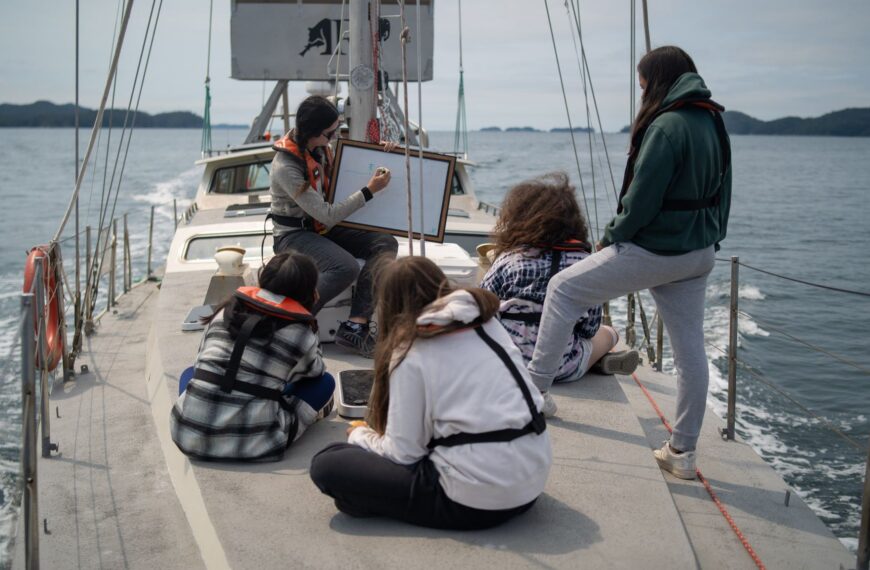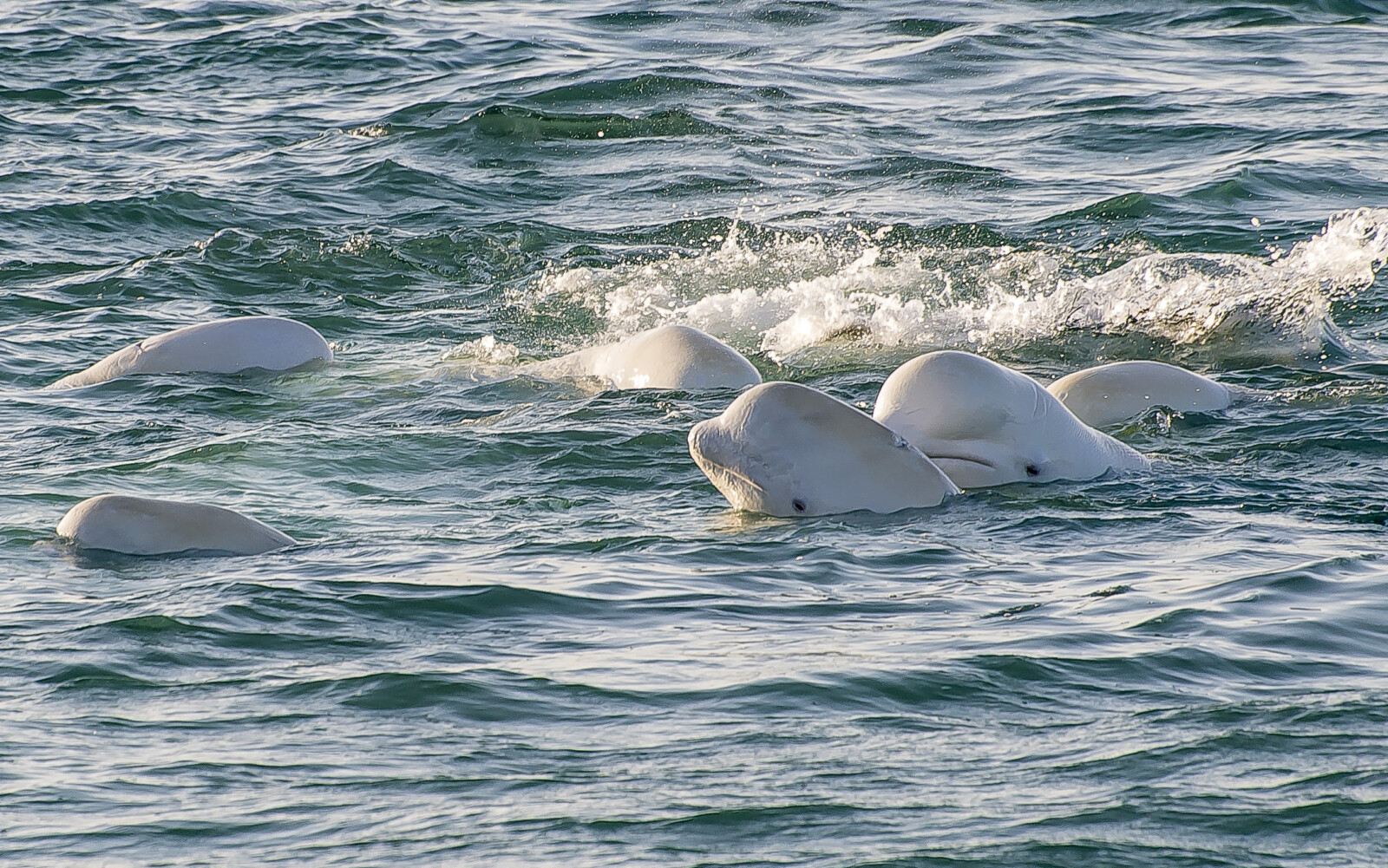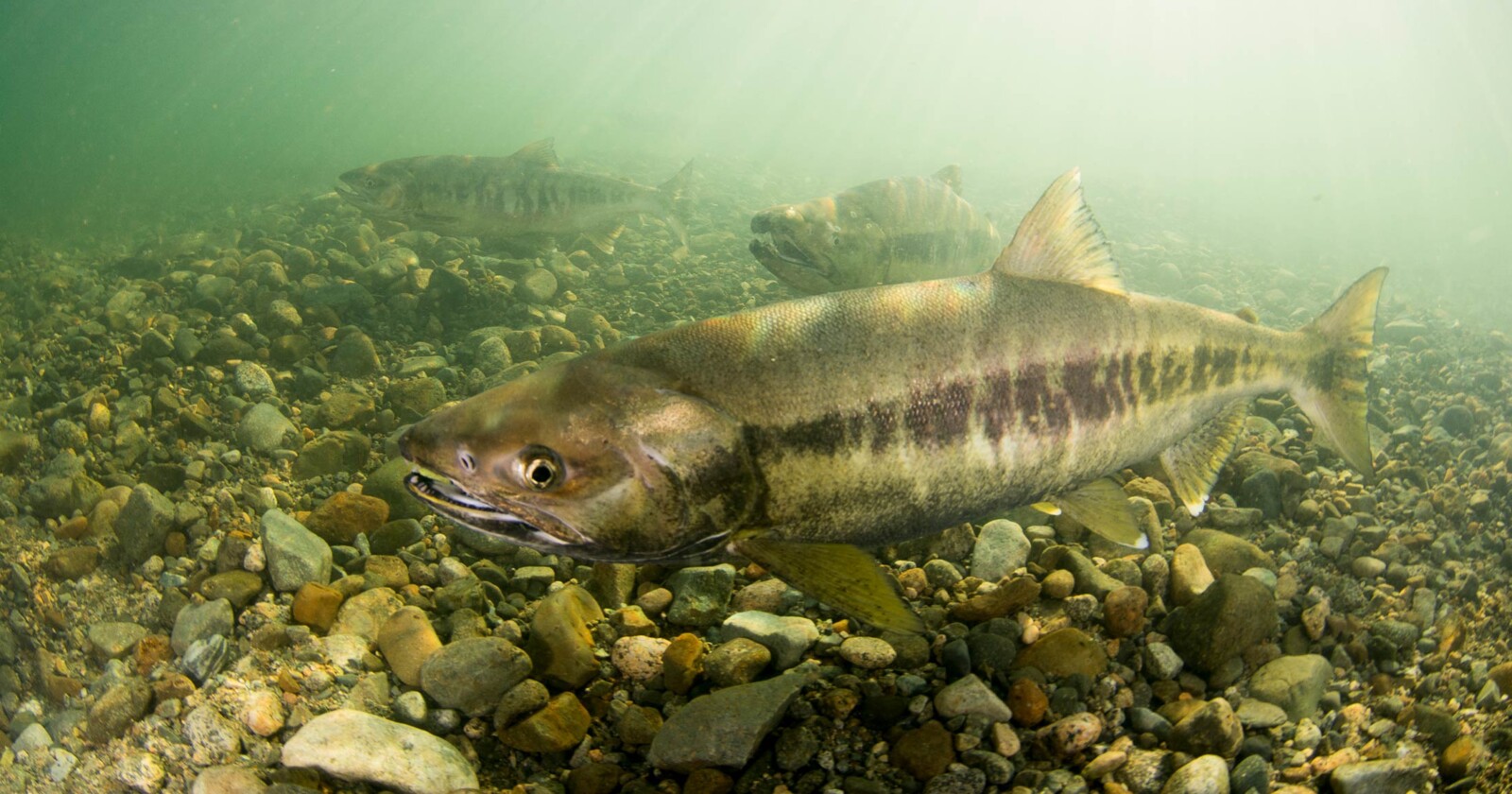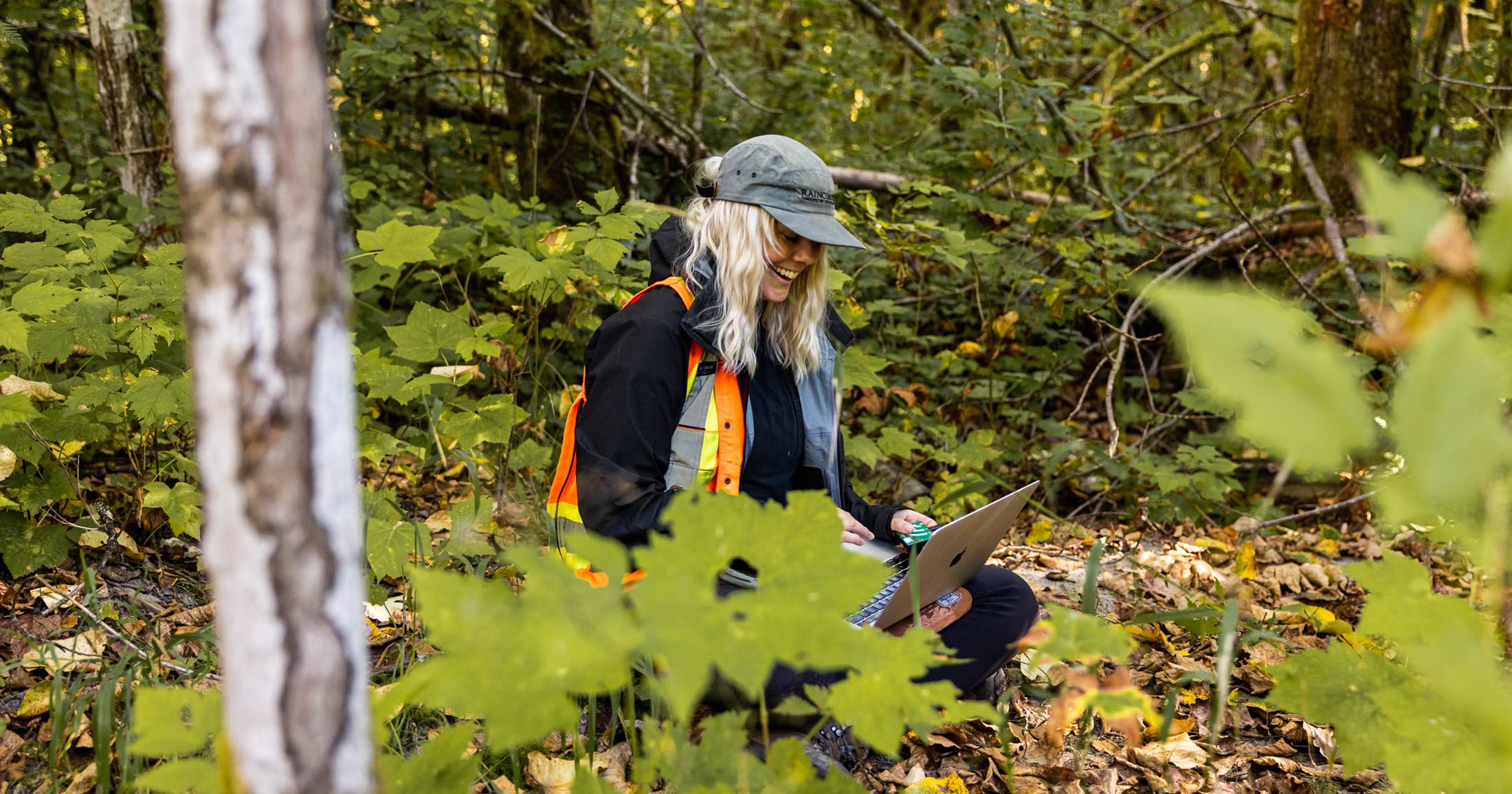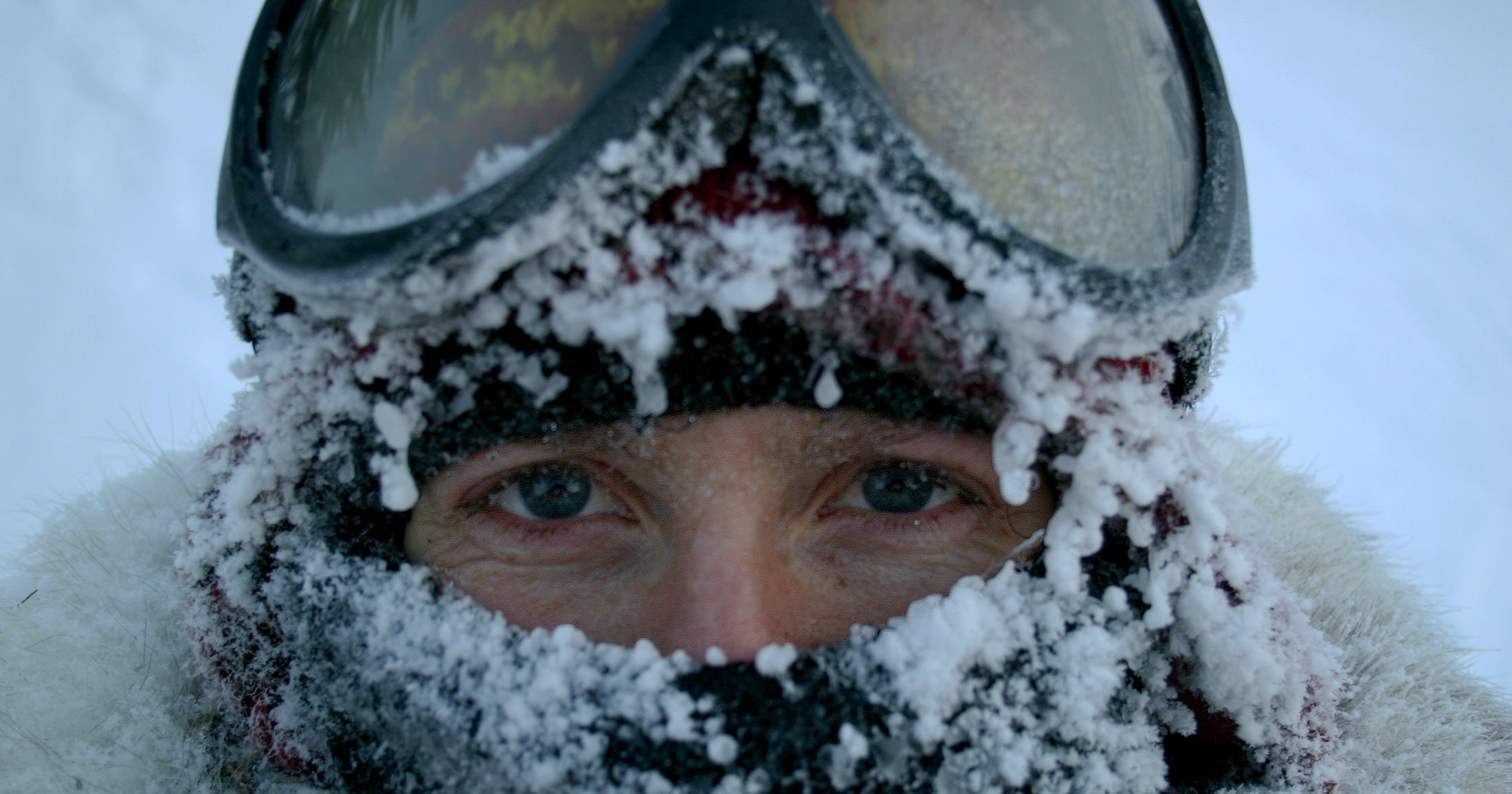Howling with happiness for Alberta’s wolves
Calgary Herald Editorial
Tuesday, October 28, 2008
It’s always heartening when government bows to the advice of experts like Paul Paquet, one of the foremost wolf experts in North America, instead of forging on blindly ahead regardless. The provincial Tories’ decision to cancel a plan to sterilize the breeding pairs in four wolf packs living in the Rocky Mountain House area is a wise move, especially in light of the fact that this hare-brained experiment was only intended to increase elk populations in order for hunters to have more elk available to kill.
Besides sterilization, the province in conjunction with the University of Alberta also wanted to kill members of other wolf packs. Naturally, the Alberta Fish & Game Association is upset with a new provincial proposal to cut the quota of elk tags issued for hunters, in an attempt to let elk numbers rise on their own. However, a few less elk being hunted this year is a much better approach to the problem than tampering with the social structure and breeding hierarchy of wolf packs. AFGA president Maurice Nadeau says there are too many wolves in the area. Yet, the wolves only prey on the sick and injured elk — thereby strengthening the herd for the hunters’ ultimate benefit anyway.
It is hard to summon up much sympathy for some hunters who will be deprived of elk to kill this year, when the alternative — creating a possible threat to the sustainability of wolves in the longer term, as Paquet predicted — is absolutely untenable.
[ Note: We are proud that Raincoast’s Science Advisor Paul Paquet helped spearhead the opposition to this ill-conceived plan]
You can help
Raincoast’s in-house scientists, collaborating graduate students, postdoctoral fellows, and professors make us unique among conservation groups. We work with First Nations, academic institutions, government, and other NGOs to build support and inform decisions that protect aquatic and terrestrial ecosystems, and the wildlife that depend on them. We conduct ethically applied, process-oriented, and hypothesis-driven research that has immediate and relevant utility for conservation deliberations and the collective body of scientific knowledge.
We investigate to understand coastal species and processes. We inform by bringing science to decision-makers and communities. We inspire action to protect wildlife and wildlife habitats.


